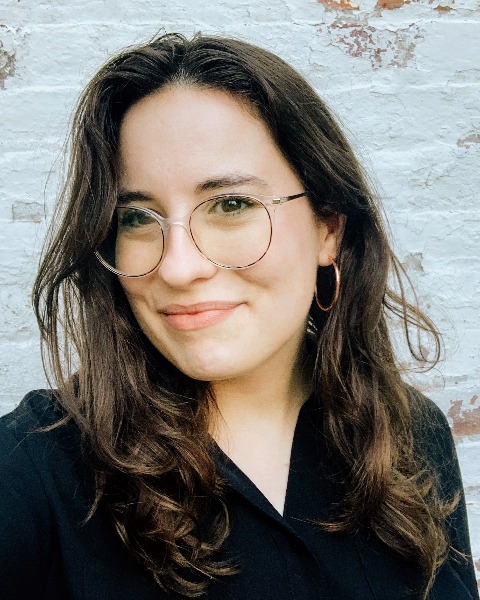Symposia
LGBTQ+
4 - (SYM 63) Social Support Among LGB and Heterosexual Undergraduate Students:
an Ego-centric Social Network Study

Allyson M. Blackburn, M.S. (She and they)
Doctoral Student
University of Illinois at Urbana-Champaign
Champaign, Illinois, United States- NT
Nathan Todd, PhD (he/him/his)
Professor
University of Illinois at Urbana-Champaign
Champaign, Illinois, United States - NA
Nicole E. Allen, PhD (she/her/hers)
Professor
Vanderbilt University
Nashville, Tennessee, United States
Speaker(s)
Co-author(s)
Background: Social support is critical for lesbian, gay, bisexual, and sexual minority (LGB) well-being. Also, support availability from various sources differs by LGB-status. Little research on the availability of support within a social context has been conducted. Ego-centric social network analysis (ESNA) allows us to examine relationships within a social context, where the study participant (the ego) reports on the relationships that exist between their network members (the alters) to create an ego-centric social network for that participant. We examine undergraduate emotional support networks using ESNA to address three research questions 1) What alter, ego, network characteristics, and relationship types are associated with the alter’s likelihood of providing the ego with social support? 2) Is ego-alter sexual orientation match associated with the alter providing support? And 3) Does the ego’s LGB-status moderate the relationship between the alter’s relationship type and the alter providing support?
Method: N= 1215 undergraduates (253 LGB) from a Midwestern university completed a questionnaire on up to 10 people that they feel close to, providing information on 11,294 alters. We created ego-centric social networks for each participant in R. We used multi-level modeling to examine the network, ego, relationship, and alter characteristics associated with support provided by each alter to the ego. We used ego-alter pairs in a separate model to examine sexual orientation match. We tested a cross-level interaction to examine if the support provided a specific relationship varies by ego sexual orientation.
Results: LGB egos were significantly less likely to report that their network members provided them with emotional support than heterosexuals. Egos with dense networks were more likely to report that a given alter provided support. Egos reported that LGB alters were more likely to provide emotional support than heterosexuals. Parents were an important source of emotional support for egos: only romantic partners were more likely to provide support. Compared to heterosexual ego-alter ties, ties with a heterosexual ego and LGB alter was more likely to be emotionally supportive tie, but ties with an LGB ego and heterosexual alter were less likely to be supportive. LGB egos were more likely to report their friends provided them emotional support than their parents, where the opposite was true for heterosexuals.
Conclusions: ESNA is an important tool for examining the availability of social support as part of a broader social context.

.png)
